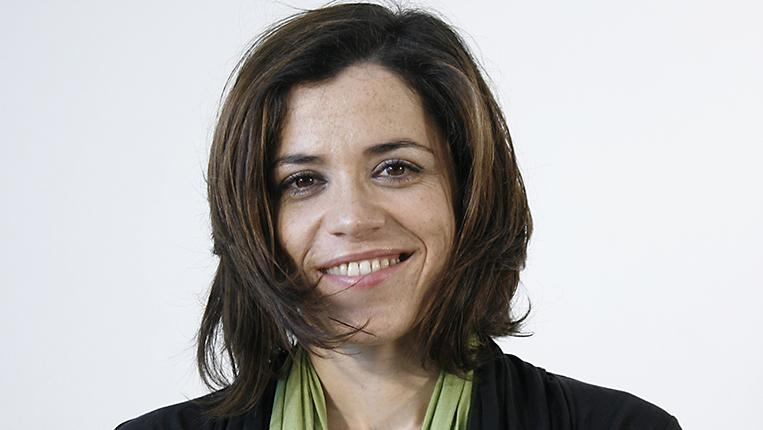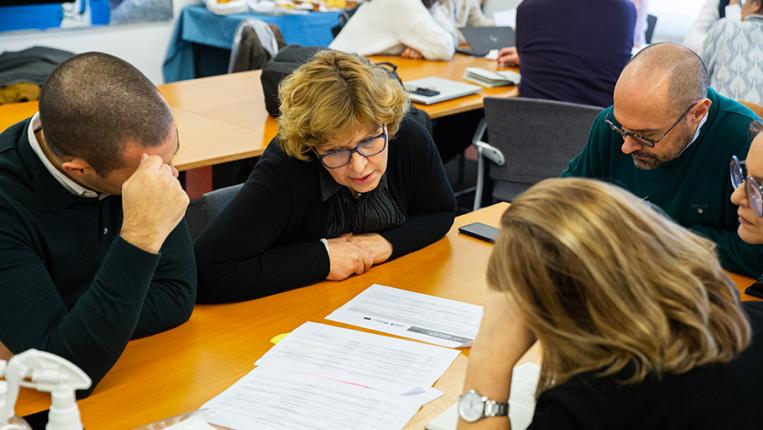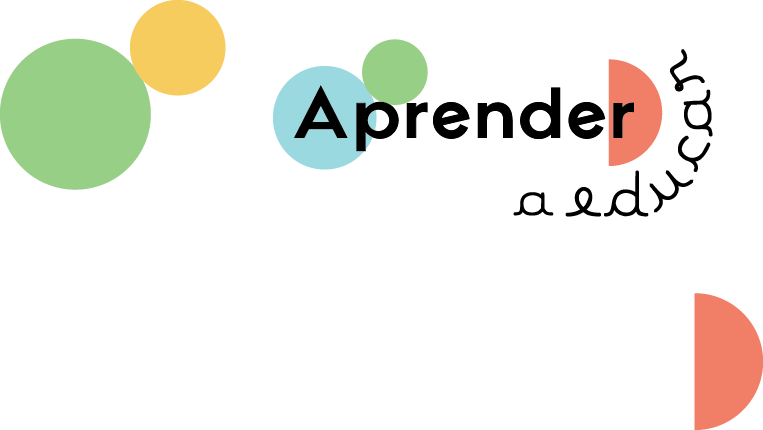The 2nd edition of the Communities of Learning and Practice (CAP), organised by CLIL | Católica Learning Innovation Lab, started on April 23 with an Kick-off session. More than 50 teachers from the four campuses of the Universidade Católica Portuguesa (UCP) participated, with the aim of collaboratively planning and implementing innovative learning scenarios over the next few months.
Isabel Vasconcelos, Vice-Rector, welcomed the facilitators and participants to the CAP kick-off session. The Vice-Rector stressed the importance of the faculty professional development initiatives promoted by the Universidade Católica Portuguesa. “I would like to highlight the innovative nature of the dynamics promoted by CLIL, in which training is carried out by the faculty members themselves, among peers, sharing experiences and collaborative learning,” she added.
Elsa Costa e Silva from the Universidade do Minho, then shared her extensive experience as a participant and facilitator of Learning Communities of Practice. “Indeed, the sharing with peers that we developed in terms of our Community of Practice was essential for me to be able to adjust my process of transformation as a teacher,” said the guest speaker, underlining the added value of collaborative work within the CAP.
4 Learning and Practice Communities mobilise 72 participants and 13 facilitators
In this edition, four Communities will be implemented around the themes of: Short Active Learning, Project and Problem-Based Learning, Service-Learning, and Artificial Intelligence and teaching. This initiative aims to provide spaces for exploring new methodologies and pedagogical strategies that allow for rethinking and transforming pedagogical practice in higher education.
A total of 85 teachers will be involved in this eight-month activity, with monthly meetings for peer learning, exchange and reflection. The communities will be dynamised by a team of facilitators, made up of representatives from different UCP academic units.
First experience with inter-institutional participation
For the first time, the CAPs have participants from another institution. In this edition, six faculty members from the Universidade Estadual de Campinas (UNICAMP/Brazil) will join the communities with the aim of exchanging experiences to promote learning for teachers in both contexts. These teachers will then share their experiences with their colleagues at UNICAMP, thus involving more professionals interested in reflecting on their teaching practices.
“This collaboration with other national and international institutions is an important step in the consolidation of CLIL activities, as it opens the way for the exchange of practices and knowledge, which is fundamental for the development of pedagogical innovation activities that are truly meaningful for our students,” said Diana Soares, CLIL’s coordinator.





